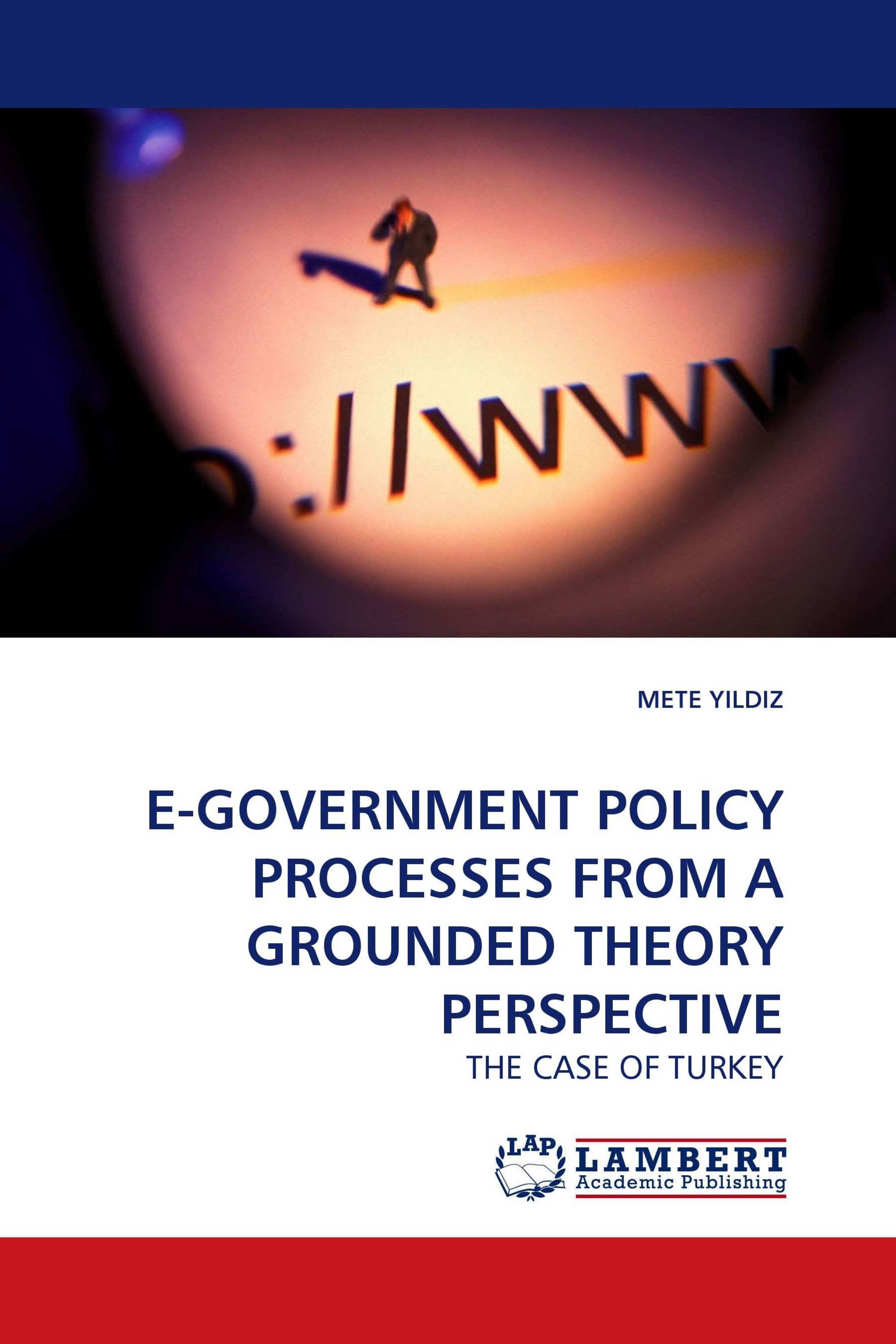E-GOVERNMENT POLICY PROCESSES FROM A GROUNDED THEORY PERSPECTIVE
THE CASE OF TURKEY
LAP Lambert Academic Publishing ( 2009-08-10 )
€ 79,00
The concept of e-government can be broadly defined as the provision of government information and services by the help of information and communication technologies (ICTs). This study explains the dynamics behind the agenda-setting (coming up with the idea of a project, placing the idea on decision agenda) and policy formation (making important operational decisions) processes of e-government projects by using Turkey as a case. The key finding is that e-government projects are launched as means of controlling the flow of people, money and government transactions in a more efficient manner. It is also found that e-government policy-making is a highly political process. Finally, the findings show that while agenda-setting stage follows garbage can decision-making models, policy-making stage follows incremental models of decision-making. Knowing more about the nature and participants of the decision-making and planning processes in e-government might be useful to e-government researchers and policy-makers all over the world, as well as students of numerous social and technical sciences such as political science, public administration, computer science and information systems.
Book Details: |
|
|
ISBN-13: |
978-3-8383-0786-2 |
|
ISBN-10: |
3838307860 |
|
EAN: |
9783838307862 |
|
Book language: |
English |
|
By (author) : |
METE YILDIZ |
|
Number of pages: |
240 |
|
Published on: |
2009-08-10 |
|
Category: |
Political science |




